TIPS FOR SHOOTING DOCUMENTARY INTERVIEWS
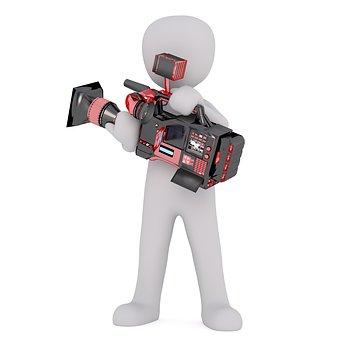
Documentary interviews can be a tricky subject to tackle, especially when there are controversial topics involved and people are driven by the fear of saying a thing which may come across as politically incorrect or harmful to certain sentiments. While those are all obvious concerns which must be taken very seriously, it is also an important genre in the video making industry, especially in cases where there is a lack of information or prevalent misconceptions. Here, it becomes the duty of the filmmakers to ensure that the interviewees are comfortable and willing to engage in conversation. They must also focus on the message that is being conveyed through the video, be it neutral, supporting, or accusing, and the repercussions which this may have upon all involved parties. Moreover, documentaries must focus on truth and hard facts over the personal opinions of the video-maker.
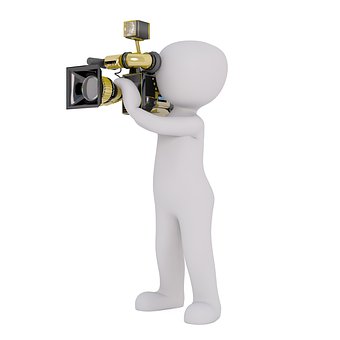
- Prepare less, adapt more: Many filmmakers are in the habit of preparing a fixed list of questions beforehand to pre-plan the direction which the interview will take. While they may find this suitable, it is always a good idea to stay open to changes and any unforeseen questions or directions which may arise during the interview. Just keeping in mind the nature of the interview and having a clear idea about the various possibilities should usually be enough to steer one in the right direction. A lot of this depends on both the filmmaker and the tone which they wish to convey through the documentary.
- Open ended questions: Questions which expect longer answers are usually preferred in comparison to those which have a simple ‘yes’ or ‘no’ as they do not force enough elaboration. Asking questions which expect longer answers can help to steer the conversation in the right direction while reducing the load upon the interviewer to carry it forward. The people being interviewed will also find more comfort in questions where they are urged to tell a story or a personal opinion.
- Energy: The energy and attitude which the interviewer and the people handling the cameras are usually very contagious. If they appear to be excited, enthusiastic and involved with the entire conversation, the interviewee will probably reciprocate along similar lines. Moreover, this will help them in calming nerves and getting on better terms throughout the interview. An open and friendly interviewee will always prove to be more useful that one who is nervous or hesitant throughout.
- Avoid pre-interviews: While pre-interviews may seem like a great idea for working off the nerves a little and increasing the bonding between the members in the interview, it can also take away from the overall authenticity of the final production. The best reactions and stories are gathered when they are told for the first time, as they will be far more refined and well-said when they are repeated. Moreover, there is a high chance that certain stories or conversations may arise in the pre-interviews which the interviewee chooses not to repeat during the interview which would be a completely wasted opportunity.
- Film after the interview: Filming the interview until the end and for a specific duration after it is over can help in gaining complete footage as well as any footage that may prove to be useful later. There may be some good shots and good moments which are captured post-interview which can also be included in the final cut. After particularly tense conversations or intense debates, it can be good to get a few shots where the participants are not stressed and appear to be winding down
- Control background noises: There may be certain noises which cannot be regulated or controlled, but attempt to lower them to the best of your ability to ensure easy post-production. Moreover, try to look for locations where the dangers of facing such noises are less as this will significantly reduce the burden upon the videographers.
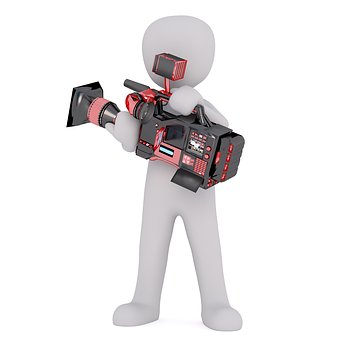
We hope that this has helped get you started with the basics to be kept in mind while shooting a documentary interview. While they are not easy, they can be a very satisfying and informative experience for all parties involved. Good luck!


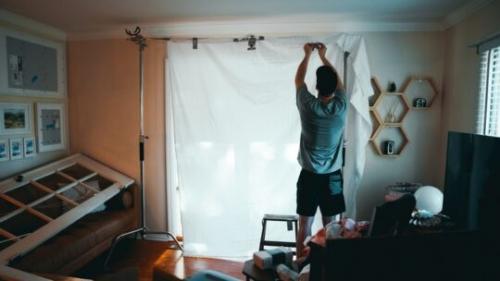
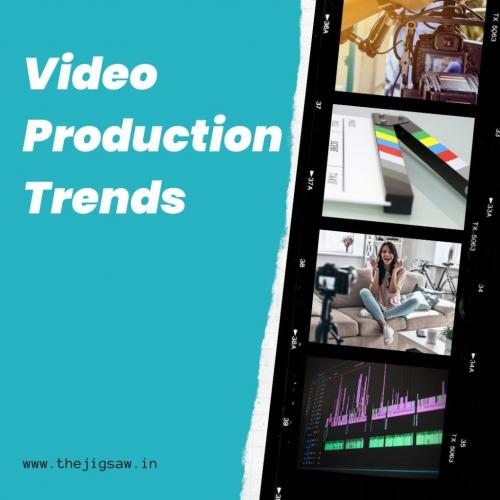
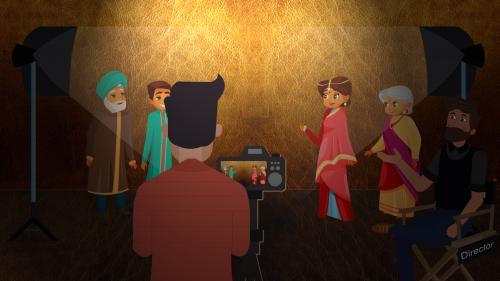
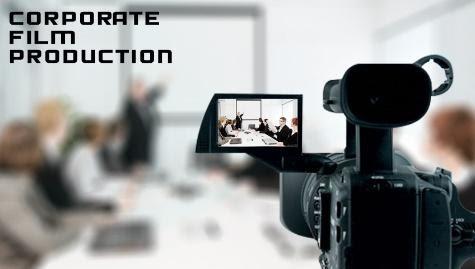


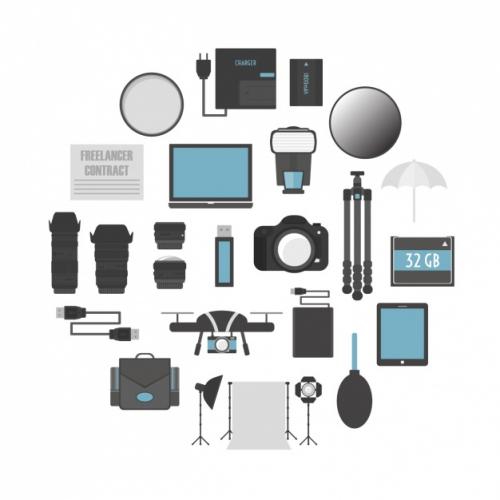
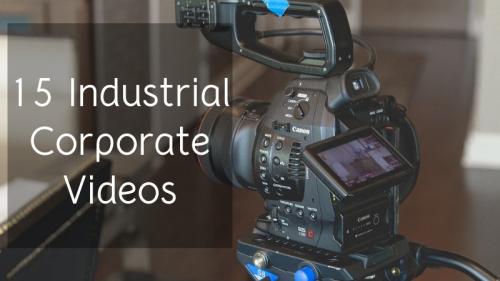

Comments